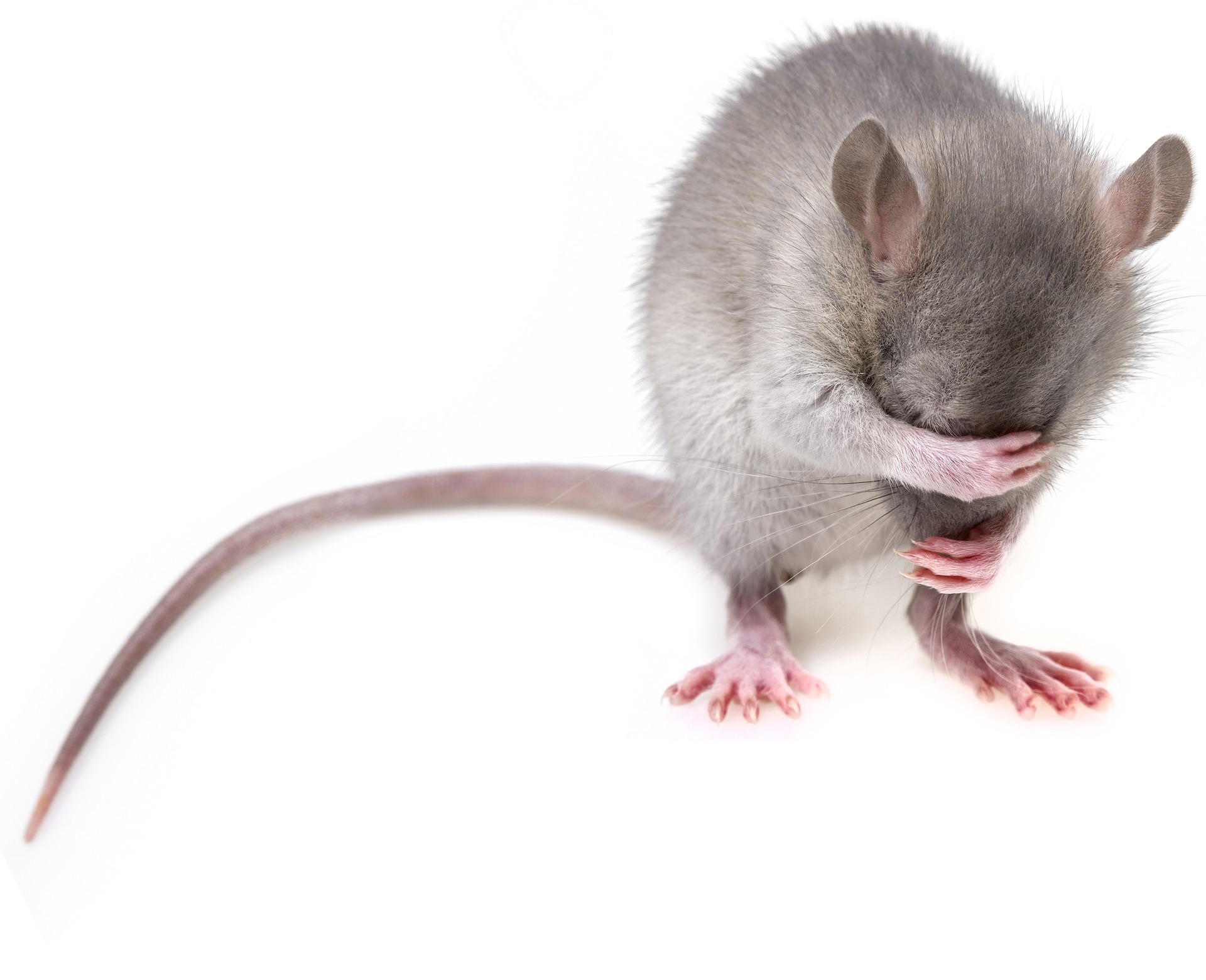News release
From:
Assessing Antidepressant Exposure During Pregnancy and Autism-Like Behavior in Mouse Pups
Maternal use of the antidepressant fluoxetine (Prozac) can alter the brain circuits in her offspring that control behaviors reminiscent of autism spectrum disorder, suggests a study in mice published in eNeuro. These results have no immediate bearing on the treatment of depression in pregnant women.
Medications that increase availability of serotonin in the brain — selective serotonin reuptake inhibitors (SSRIs) — are commonly prescribed to treat mood disorders in pregnant women. Previous research in humans suggesting disruptions of the serotonin system in the risk of developing autism has motivated scientists to examine the influence of SSRI treatment during pregnancy on brain development.
Susan Maloney, Joseph Dougherty and colleagues developed a rodent model of maternal SSRI exposure to investigate the effect of the drug alone, without any additional stress, on the development of autism-like behaviors in offspring. The researchers found that the pups of pregnant mice exposed to fluoxetine throughout the human equivalent of three trimesters and one year of nursing were the most vulnerable, developing social abnormalities as well as repetitive behavior patterns and hypersensitivity to touch reminiscent of autism. Re-exposing these mice to fluoxetine as adults improved their sensory sensitivity but worsened the social abnormalities. This finding suggests that some of these circuit alterations may be reversible while others may be permanently changed by fluoxetine.
Expert Reaction
These comments have been collated by the Science Media Centre to provide a variety of expert perspectives on this issue. Feel free to use these quotes in your stories. Views expressed are the personal opinions of the experts named. They do not represent the views of the SMC or any other organisation unless specifically stated.
Professor Andrew Whitehouse is the Angela Wright Bennett Professor of Autism Research at The Kids Research Institute Australia
This is an interesting study that indicates that use of selective serotonin reuptake inhibitors (SSRIs) during pregnancy may relate to the development of autistic-like behaviours in offspring.
However, this study was conducted in mice, and we cannot draw any conclusions about humans from these findings.
It is a long way up the evolutionary tree from mice to humans, and the most recent human evidence indicates that there is no link between the use of SSRIs during pregnancy and the chances of having a child with autism.



 International
International



